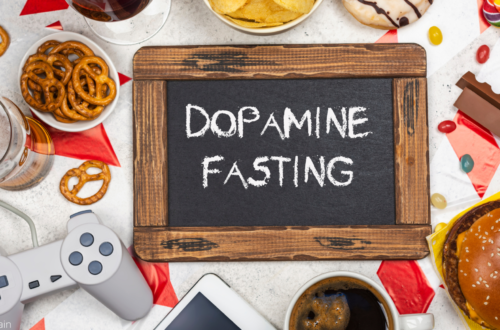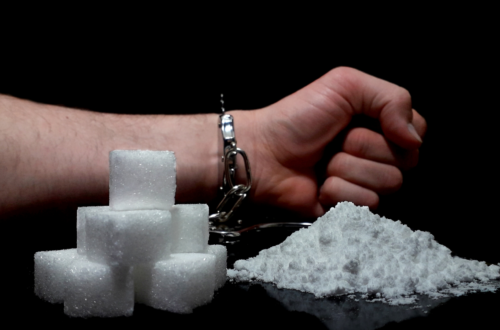
Will One Cheat Meal Ruin Your Diet?
So you had a cheat meal or a cheat day, and now you’re worried you ruined your entire progress?
First, you must realize that cheat meals are part of being human, and it happens to the best of us. Having a cheat meal or a cheat day is not the end of the world.
It’s part of life.
As a general rule, one cheat meal or even a cheat day is not enough to ruin your diet, as long as you do not turn it into a recurring event. Have your cheat meal or an occasional cheat day, and then get back on your diet. Do not obsess about it. Stay consistent, and you will see results.
Do you want to know more about what happens to your body when you have a cheat meal and how to recover from the cheat meal quickly?
Continue reading to find out!
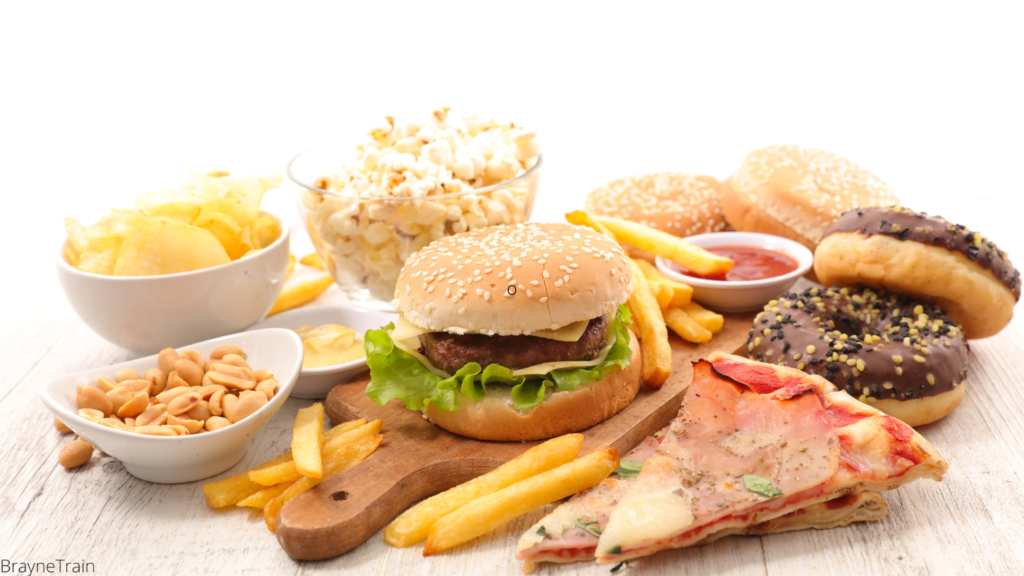
Will You gain fat After a Cheat Day?
The more calories your body burns on a daily bases, the less fat you will gain from your cheat meal.
How many calories your body burns depends on a few factors:
- Resting Metabolic Rate: The resting metabolic rate or RMR is the number of calories your body burns at rest, it is the number of calories your body uses to stay alive.
- NEAT(non-exercise activity thermogenesis): NEAT is the number of calories your body burns from daily activities like walking home, running errands, or fidgeting.
- Exercise: The amount of exercise you do on daily or weekly bases.
- Your Cheat Meal Macros: How much fat you had versus how much carbohydrates.
- Fat, when taken with carbohydrates, is mainly stored as body fat.
- This is why many health experts recommend not combining fats and carbohydrates together. The carbohydrates spike insulin levels, and the body begins storing the fat.
But no matter what, it’s important to note that one cheat day will not make you gain a lot of fat.
Only a small percentage of the weight gain you experience after a cheat day is due to actual fat.

Why Do You Gain Weight so Fast After a Cheat Day?
Water retention is the main reason for the extra five pounds or more you put on the day after your cheat meal.
Most cheat meals have lots of carbohydrates and salt—high sodium results in water retention.
In addition, for every gram of carbohydrates consumed, your body will store 3-4 grams of water.
Therefore, most of the weight gain that occurs after a cheat meal or a cheat day is due to water retention.
The good news is that after a few days, when you get back to your regular diet and exercise routine, your body will flush the water out and lose those extra pounds, and you will be back to normal.
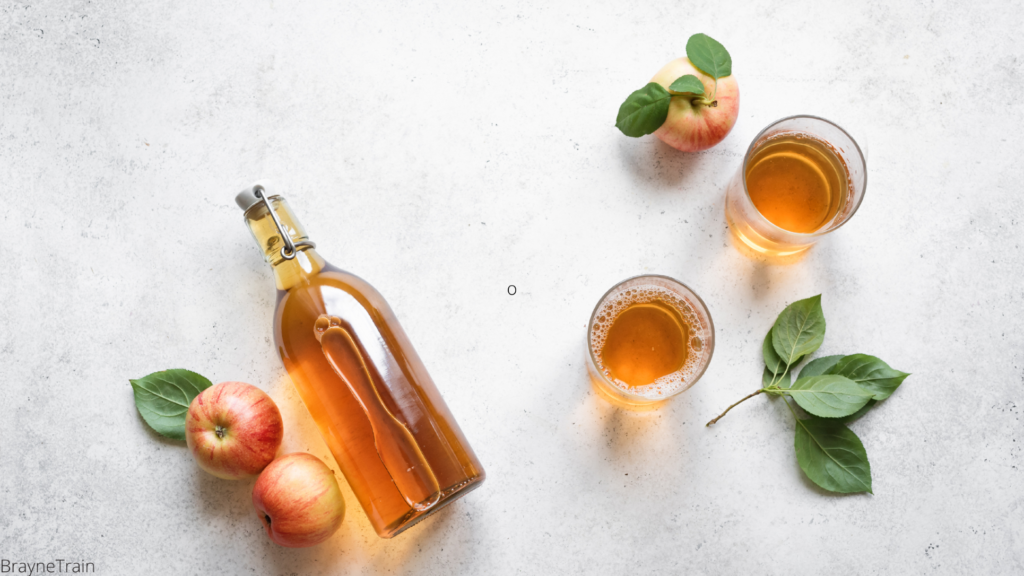
How to Recover After a Cheat Day?
So you cheated, and now you want to bounce back!
Follow these steps the day after your cheat meal to recover quickly and get back on track:
- Apple Cider Vinegar: Drink 1-2 tbsp of apple cider vinegar with water. ACV helps stabilize your insulin levels and blood sugar.
- HIIT: Doing high-intensity interval training the day after your cheat meal helps burn off the sugar in your blood system quickly and get you back on track.
- Chromium: taking a chromium supplement the day after your cheat day helps improve insulin sensitivity and stabilize your blood sugar levels.
- Potassium: Having some potassium helps negate the effects of the high sodium, which cause water retention, bloating, and inflammation.
- Best sources of potassium include potassium powder (supplement), avocado, seaweed snacks, and kale.
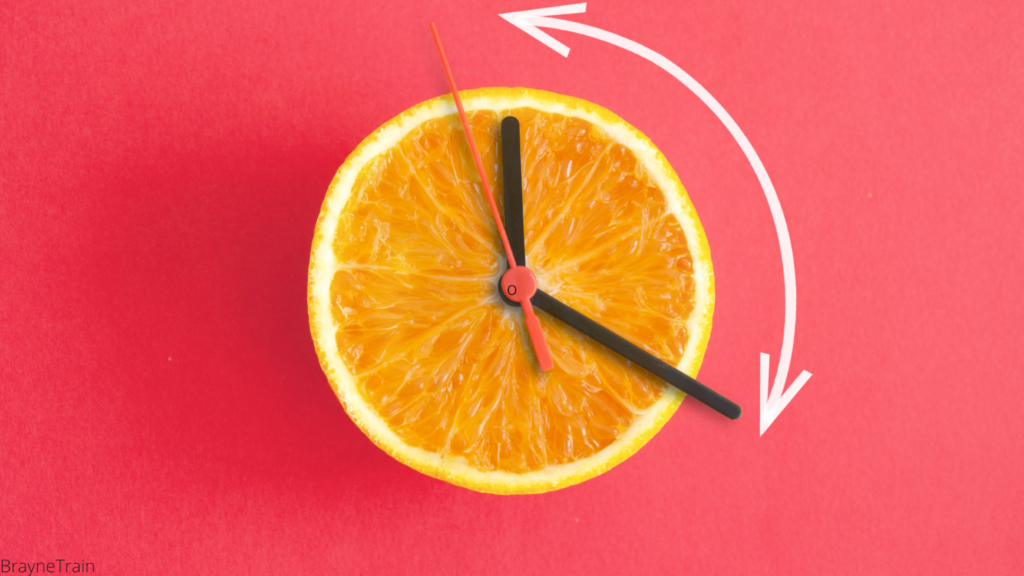
- Intermittent fasting: fasting 16-24 hours the day after your cheat meal can help lower your insulin levels, stabilize blood sugar and reset your body.
- Intermittent fasting is a great tool to get back into ketosis after a cheat meal if you are on a ketogenic diet.
- However, it’s important to note you should not turn this into a binging and fasting cycle because that can create a bad habit or even an eating disorder.
- Only practice fasting if it is part of your routine.
- Get back to your regular diet. Pretend nothing happened and pick up where you left off before your cheat day. Do not overthink it or feel guilty.
- Feeling sad or guilty can increase cortisol levels, and cortisol will make you gain belly fat.

When is the Best time to have a cheat meal?
If you have been dieting and staying consistent for a while, a well-time cheat meal can keep your hormones balanced and even help you lose weight.
After eating a cheat meal, your body increases its metabolism. It helps get your hormones like ghrelin (the hunger hormone) balanced.
A good time for a cheat meal is right after a hard workout. If you have been consistent for a few weeks, you can have your cheat meal after a good workout session.
This allows your body to use the carbs and nutrients to help restore the muscles instead of storing it as fat.
Takeaway:
Having a cheat meal or even a cheat day is part of everyone’s diet journey and nothing to worry about. One cheat day is not enough to ruin your entire diet and progress. However, there are specific rules you should follow to help you recover after your cheat day. First, do not obsess about it. Secondly, please don’t turn your cheat day into a cheat week or a cheat month; finally, get back on your diet and follow the tips and tricks we provided in this blog post. You will be back on track in no time. Thank you for reading!
References:
- Carol S. Johnston, Cindy M. Kim, Amanda J. Buller; Vinegar Improves Insulin Sensitivity to a High-Carbohydrate Meal in Subjects With Insulin Resistance or Type 2 Diabetes. Diabetes Care 1 January 2004; 27 (1): 281–282. https://doi.org/10.2337/diacare.27.1.281
- Brighenti F, Castellani G, Benini L, Casiraghi MC, Leopardi E, Crovetti R, Testolin G. Effect of neutralized and native vinegar on blood glucose and acetate responses to a mixed meal in healthy subjects. Eur J Clin Nutr. 1995 Apr;49(4):242-7. PMID: 7796781.
- Chanut, Françoise. “Potassium channels rule over insulin release with an ion fist.” PLoS biology vol. 4,2 (2006): e53. doi:10.1371/journal.pbio.0040053


